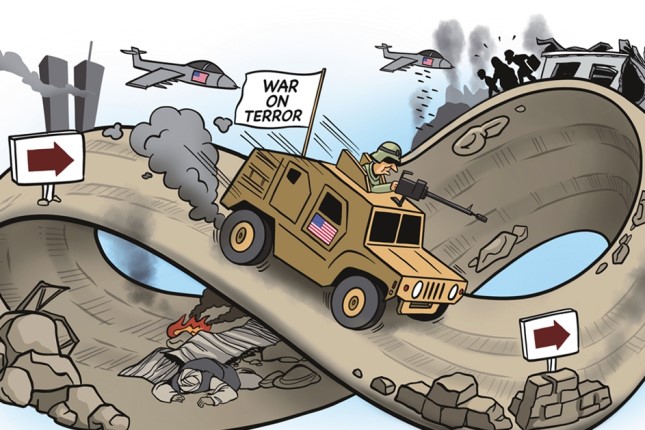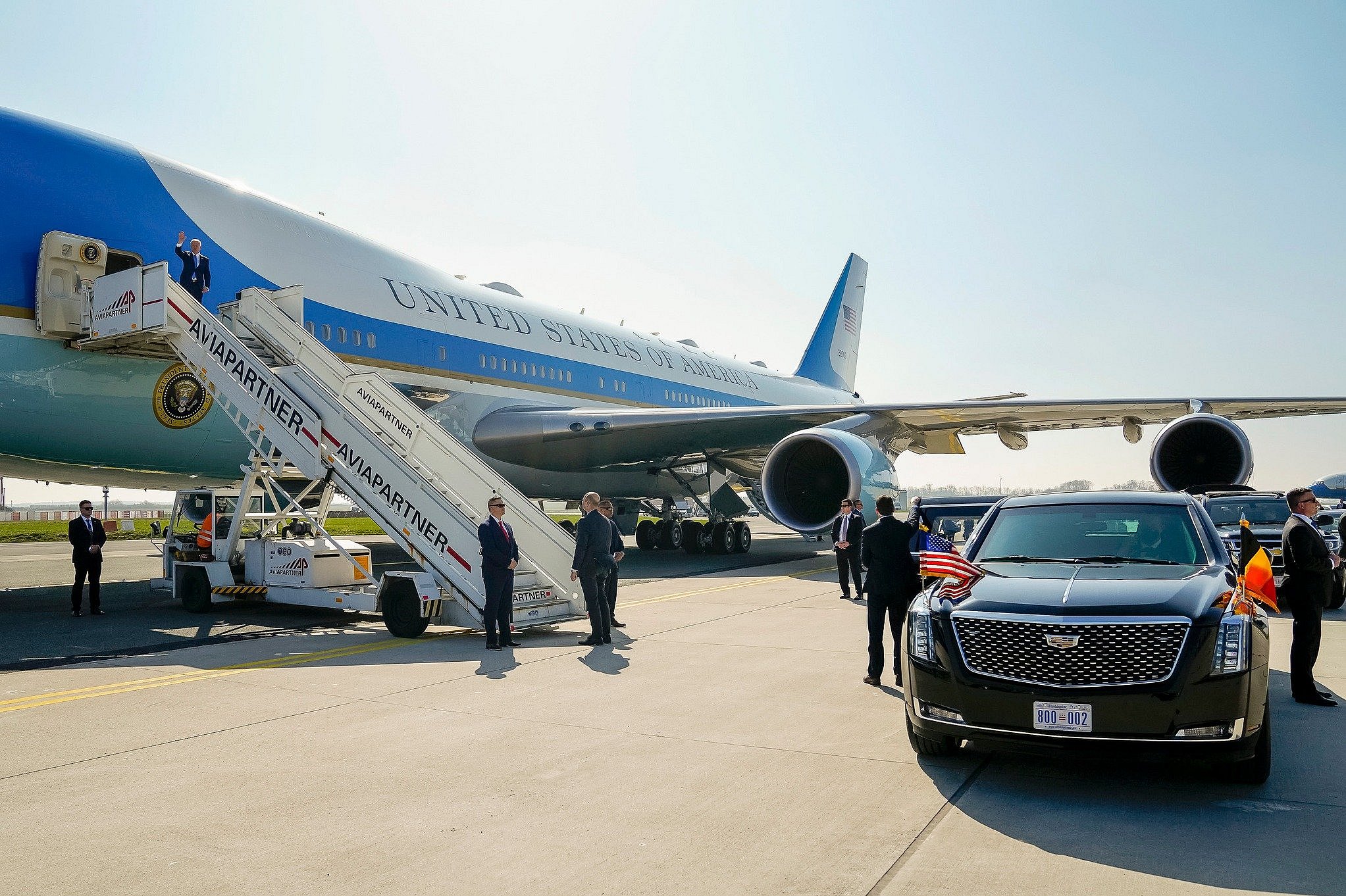This puts the already dysfunctional relationship between the US and Iran into a more complicated and dangerous state. Both countries have claimed that they have no intention of going to war with each other. We have every reason to believe that this is true, but both sides are still moving closer and closer to direct conflict and even war. It is worth exploring in depth what forces and logic are behind such a development.
After the US' action, three countries - Iraq, Syria and Iran - expressed their anger and strong condemnation of US airstrikes in the first instance. Above all, it must be said that this action by the US is a flagrant violation of the sovereignty of Iraq and Syria and runs counter to the purposes and principles of the United Nations Charter. The US has claimed to be striking the "Iran-backed forces," but it has caused civilian casualties in Iraq and Syria. The recklessness shown by the US in asserting its hegemony requires the international community to find ways to restrain it. China has always advocated the settlement of disputes by peaceful means and opposed the use or threat of force in international relations. It has advocated all parties should effectively abide by the purposes and principles of the United Nations Charter and the basic norms of international relations, and the sovereignty, independence and territorial integrity of Iraq and Syria should be effectively respected and safeguarded. It is very clear that China opposes and condemns such US actions.
In addition, we would like to take the US-Iran game as an example to dig deeper into the geopolitical risks and their root causes. Over the past few decades, the US and Iran have been in an intertwined conflict and game, which has become a main theme of the developing situation in the Middle East. What needs to be recognized is that the US and Iran are geopolitical masters, but the situation is developing toward a possible direct conflict. If we allow this to develop, the situation in the region will take on an inherent momentum of self-accelerating deterioration. At that time, neither the US nor Iran will be able to control the situation, and neither side can shape the pattern according to their will. Furthermore, the scope of the impact is not likely to be limited only between the US and Iran, because any conflict in the Middle East has a very strong spillover effect.
US hegemony is the crux of the matter. More specifically, there is a structural contradiction between US global hegemony and the regional powers. To maintain its hegemony, the US is still using the simple, brutal means of economic sanctions and military strikes. With a significantly diminishing marginal effect, this is far from what's needed to adapt to the complex and rapidly developing situation. After almost every military action in the Middle East since the outbreak of the Palestine-Israel conflict, including the airstrikes on Friday, the US emphasizes that it is not seeking "a wider war"; yet it is unwilling to take the initiative to restrain its own behavior and adjust its Middle East policy. As a result, the more the US says it is not pursuing a conflict, the more it is plunged into one.
On the same day that US military bombers took off from the base, the BBC revealed that over 800 serving officials in the US and Europe signed a statement warning that their own governments' policies on the Gaza conflict could amount to "grave violations of international law." These officials said they have expressed their professional concerns internally but have been "overruled by political and ideological considerations." This unprecedented development signifies the latest sign of dissent within Western allied nations, indicating that many in the West are aware that the problem lies in the flawed Middle East policies of the West, especially of the US.
The US undoubtedly possesses significant influence and military presence in the Middle East. However, whether it is the "anticipated" entry into the Middle East dilemma or the "expected" retaliatory actions, it is evident that the US approach in the Middle East is no longer effective. Up to this point in the Palestine-Israel conflict, if there is any international consensus, it is that the aspirations of the Palestinian people cannot be ignored, and the two-state solution is irreplaceable. If the true root of the Palestine-Israel conflict is not recognized, the cycle of "attack-retaliate" is likely to persist, and Washington may not have the ability to navigate calmly on the "edge of war."
The US has imposed comprehensive sanctions on Iran for many years. Now, it directly deployed military airstrikes against what it claims to be the "Iran-backed forces," which to some extent, also indicates the ineffectiveness of those sanctions. The repercussions of using force evidently surpass those of sanctions, and the US has likely realized this. However, over the years, instead of reducing reliance on sanctions and the use of force, the US may have even strengthened it. We must point out that the strategic dilemma faced by the US has become a significant regional and global issue.
Photo © Liu Rui / GT.
Source: The Global Times.
































